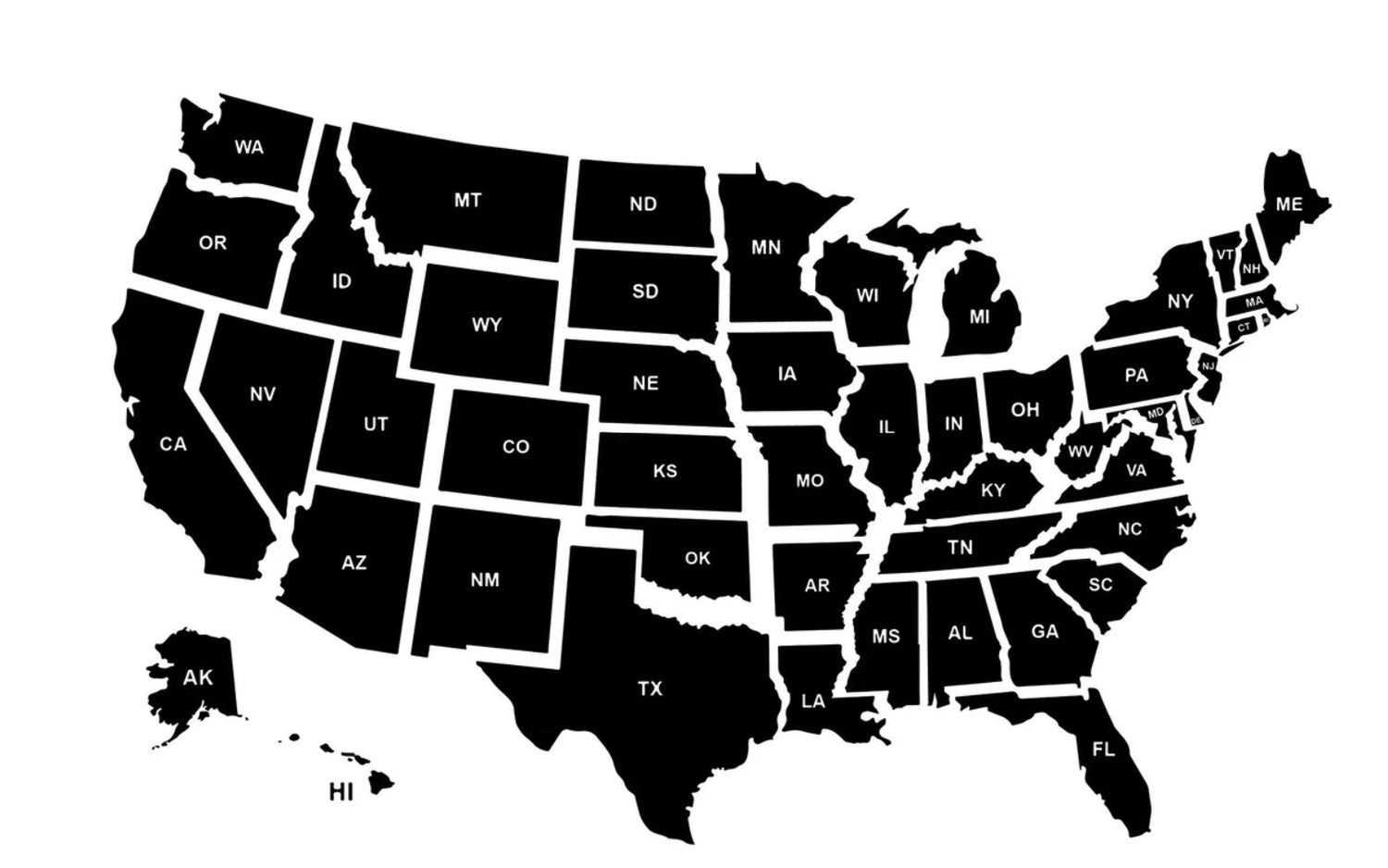Introduction
In the United States, the status of concealed carry permit information as public record varies widely by state. In some states, this information is considered public, which means that anyone can access details about permit holders, often through a request under the Freedom of Information Act (FOIA) or similar state public records laws. In other states, however, concealed carry permits are treated as private information, with laws in place to protect the identity of permit holders.
Below is a detailed state-by-state guide on whether concealed carry permits are public record or private.
1. States Where Concealed Carry Permits Are Public Record
In some states, concealed carry permit information is available to the public, either in full or in part. This can mean that someone can request the names and addresses of permit holders or access a database that provides this information.
-
California: In California, concealed carry permits are often considered public records, and information can be accessed through FOIA requests. However, there are limitations, and sensitive information like addresses may not be disclosed.
-
New York: Historically, New York allowed concealed carry permit information to be accessed by the public. After privacy concerns arose from the publication of permit holder information, the state tightened access to this data, but it can still be requested under specific circumstances.
-
Virginia: Previously, Virginia allowed public access to concealed carry information through court records. However, recent changes have restricted the public availability of this information, though some data might still be accessible.
-
Washington: In Washington, concealed carry permit information is considered a public record, although the specific details that can be disclosed are limited. Requests can be made through public records channels, but sensitive personal information is typically protected.
2. States Where Concealed Carry Permits Are Not Public Record
Most states classify concealed carry permits as private records, restricting access to this information to protect the privacy of permit holders.
-
Florida: Florida treats concealed carry permits as confidential and exempt from public records requests. Only law enforcement agencies have the authority to access this information for legitimate purposes.
-
Texas: Texas law states that information about concealed carry licenses is confidential. This ensures that permit holder information is not accessible to the general public, providing privacy and safety for firearm owners.
-
Ohio: In Ohio, concealed carry permit information is not available to the public. It is restricted to law enforcement and cannot be obtained through general public records requests.
-
North Carolina: North Carolina considers concealed carry permit information to be private, and it is not available for public viewing. This is part of the state’s commitment to protecting the privacy of permit holders.
-
Georgia: Georgia restricts access to concealed carry information. Only law enforcement agencies can access these records, and the data cannot be released to the public.
-
South Carolina: South Carolina has provisions that protect the privacy of concealed carry permit holders, ensuring that this information is not available through public records.
3. States with Partial or Restricted Access
Some states have specific conditions under which concealed carry permit information can be accessed. These conditions typically involve providing a legitimate reason for the request or ensuring that only certain details are disclosed.
-
Colorado: In Colorado, concealed carry permit information is generally not public; however, it may be disclosed under specific conditions, such as for law enforcement investigations or other legal proceedings.
-
Illinois: Illinois has strict privacy rules for concealed carry permits, but some information can be released under a court order or for specific law enforcement purposes.
-
Michigan: Michigan generally keeps concealed carry permits private, but there are exceptions for law enforcement and, in some cases, for journalistic inquiries if deemed in the public interest.
-
Minnesota: Minnesota considers concealed carry permits to be private, but information may be released in limited situations, such as for legal matters or by court order.
-
Wisconsin: In Wisconsin, concealed carry permit records are not public, but they can be accessed by law enforcement or through a court order under specific circumstances.
4. Privacy Concerns and Legal Implications
The debate over whether concealed carry permits should be public record revolves around two key issues: privacy and transparency.
-
Privacy Concerns: Making concealed carry information publicly accessible can lead to safety concerns for permit holders. Publicizing who owns firearms can make individuals targets for theft, harassment, or other threats. For this reason, many states have chosen to classify this information as private.
-
Transparency and Accountability: Advocates for public records argue that transparency is necessary to ensure accountability in the issuance of concealed carry permits. This can help prevent corruption or ensure that individuals who should not legally possess firearms are not being granted permits improperly.
5. Recent Changes and Trends
Over recent years, the trend has been towards increased privacy for concealed carry permit holders. Several states that once allowed public access to this information have changed their laws to restrict it. This shift reflects growing concerns about privacy and the potential dangers associated with making firearm ownership information publicly available.
For example, New York and Virginia both adjusted their public records policies after incidents involving the publication of gun owners' information led to public backlash and safety concerns.
6. How to Protect Your Privacy as a Concealed Carry Permit Holder
If you live in a state where concealed carry permits are considered public record, here are some steps you can take to protect your privacy:
-
Understand Your State Laws: The first step is to understand your state’s laws regarding concealed carry permit information. If your state makes this information public, you may want to advocate for changes to protect your privacy.
-
Opt-Out, If Possible: Some states may have opt-out provisions that allow you to request that your information not be publicly disclosed. Check with your local permitting authority to see if this option is available.
-
Be Discreet About Your Status: Avoid sharing your concealed carry status openly, especially on social media or with people you do not trust. The less information that is out there, the less likely it is to be accessed or misused.
Conclusion: The Importance of Privacy for Concealed Carry Permit Holders
Whether concealed carry permits are public record varies from state to state. While some states allow public access to this information, the trend has been moving towards increased privacy and protection for gun owners. This shift is due to growing concerns over safety and the potential misuse of personal information.
For permit holders, understanding your state’s laws and taking steps to protect your privacy is essential. If you’re concerned about the public availability of your concealed carry information, consider reaching out to your state representatives to advocate for stricter privacy protections.
For more information about concealed carry laws, privacy rights, and best practices, explore our blog posts on Concealed Carry Best Practices and Choosing the Right Concealed Carry Holster.
This detailed overview provides a state-by-state look at the status of concealed carry permits as public or private records, ensuring that firearm owners are well-informed about their rights and privacy.



